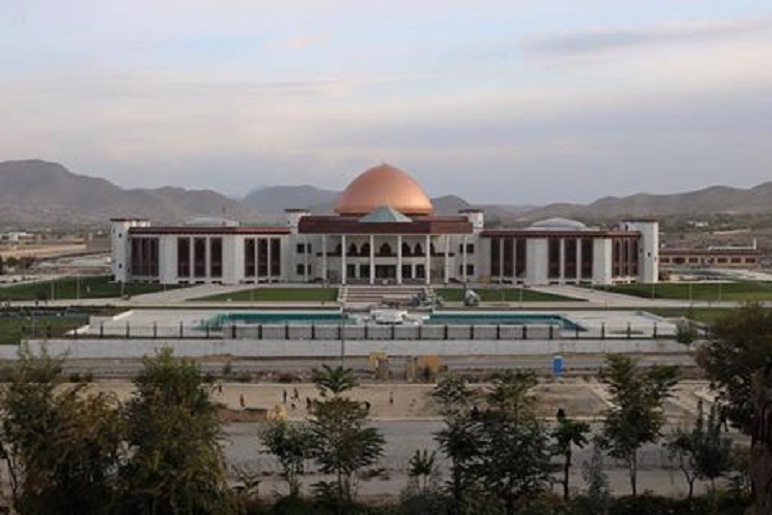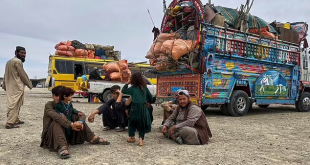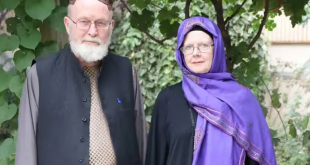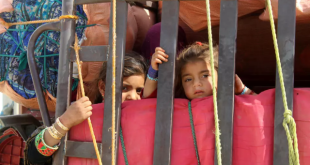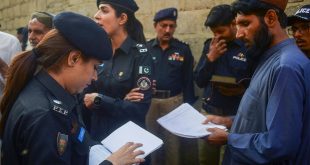The Wolesi Jirga or Lower House of the Afghan parliament has been irked by the nineteen ministries that failed to spend the allocated development budget for the fiscal year. Ministers of Foreign Affairs Salahuddin Rabbani, Labor and Social Affairs Nasrin Oryakhil and Public Works Mahmoud Baligh failed to satisfy the legislators. Therefore, they cannot escape the wrath of the Wolesi Jirga and were disqualified by lawmakers with majority. On Sunday, ministers of education and transportation were sacked for the same reason. Minister of Finance Eklil Hakimi remained successful in satisfying the angry members of the house. So, he survived the vote. But thirteen more ministers still to go through the process. It is feared that more will be disqualified.
Currently, three ministries are already run by caretakers. Therefore, sacking of the ministers would land the National Unity Government (NUG) in troubled waters. The government would take one more year to introduce fresh faces to the parliament. However, it is unclear that whether the nominees will get the confidence vote. It is too early to predict their fate, but at this point it is crystal-clear that the government and the parliament have locked horns. The two state pillars are heading towards a constitutional battle in which the government would emerge weaker and controversial. The president by rejecting the Wolesi Jirga’s decision on sacking of the ministers, especially Foreign Minister Salahuddin Rabbani, has already marked beginning of the constitutional war.
Serious constitutional and legal challenges would emerge on the murky political horizons. The president can appoint the disqualified ministers as caretakers but could not reject the Wolesi Jirga’s decision entirely as the Constitutional is very clear regarding authorities and power of the parliament. That’s why the government would face serious criticism from all corners if the decision of the Lower House was not respected. It will weaken the already weak government. The critics will be in their rights to slam the leadership for creating another constitutional problem which the country cannot afford at this critical juncture.
Second problem that the government would face is the tenure of a caretaker minister. The caretakers cannot hold to the position for more period than that stipulated in the constitution. Regardless of going into details of the lawmakers’ motives and temper, the leaders in the halls of power have to come with better alternatives that would neither violate the constitution nor show disrespect to the parliamentary system which is guaranteeing existence of the very government. The constitutional war would damage the foundation of democracy which is already fragile.
The government could avoid this battle by respecting decision of the Wolesi Jirga and introducing new candidates.
 Afghanistan Times
Afghanistan Times
